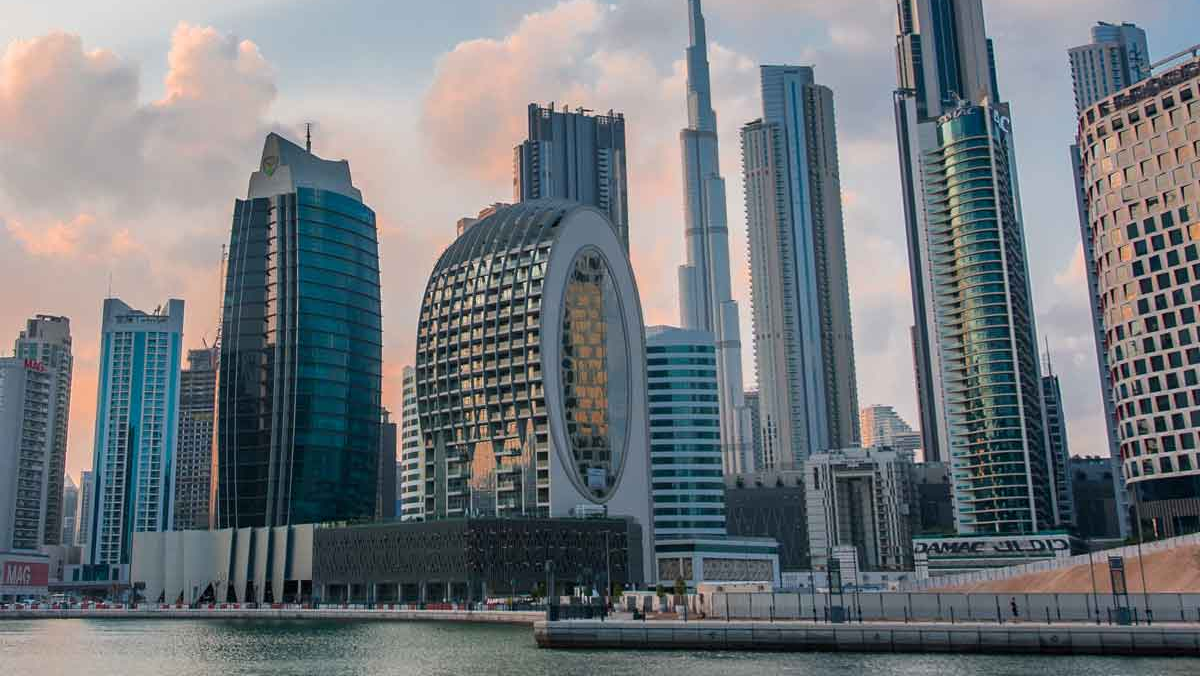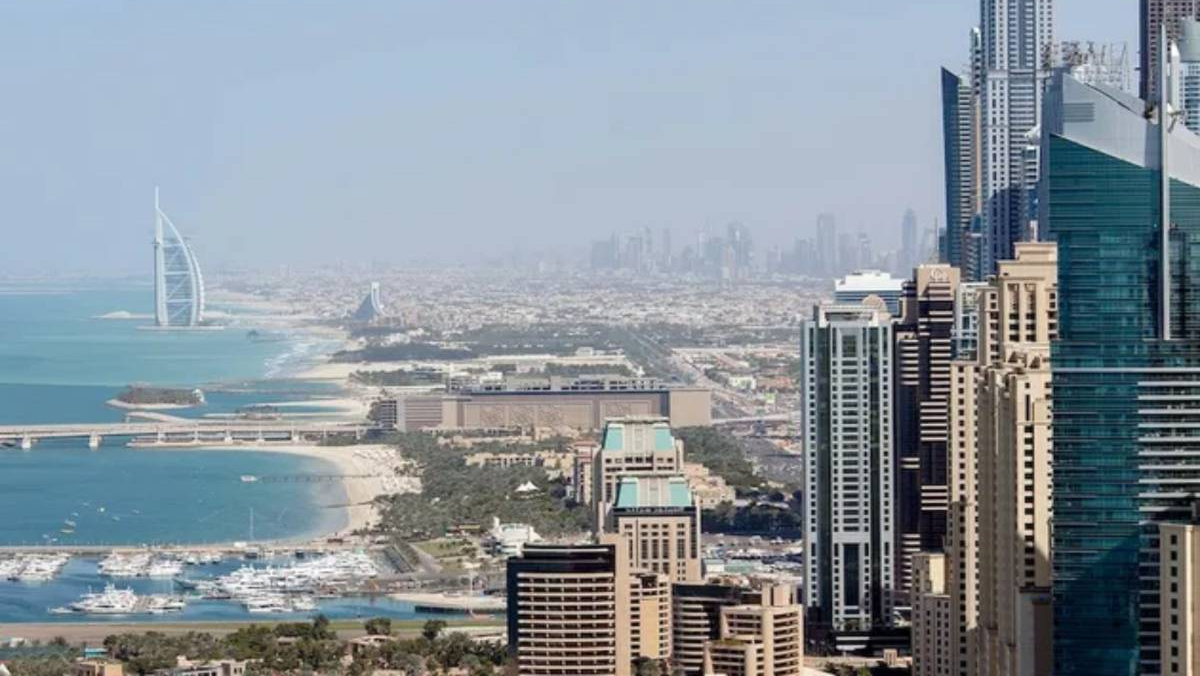Now Reading: Inside How UAE Media Promotes Truth and Ethical Journalism 2025
-
01
Inside How UAE Media Promotes Truth and Ethical Journalism 2025
Inside How UAE Media Promotes Truth and Ethical Journalism 2025
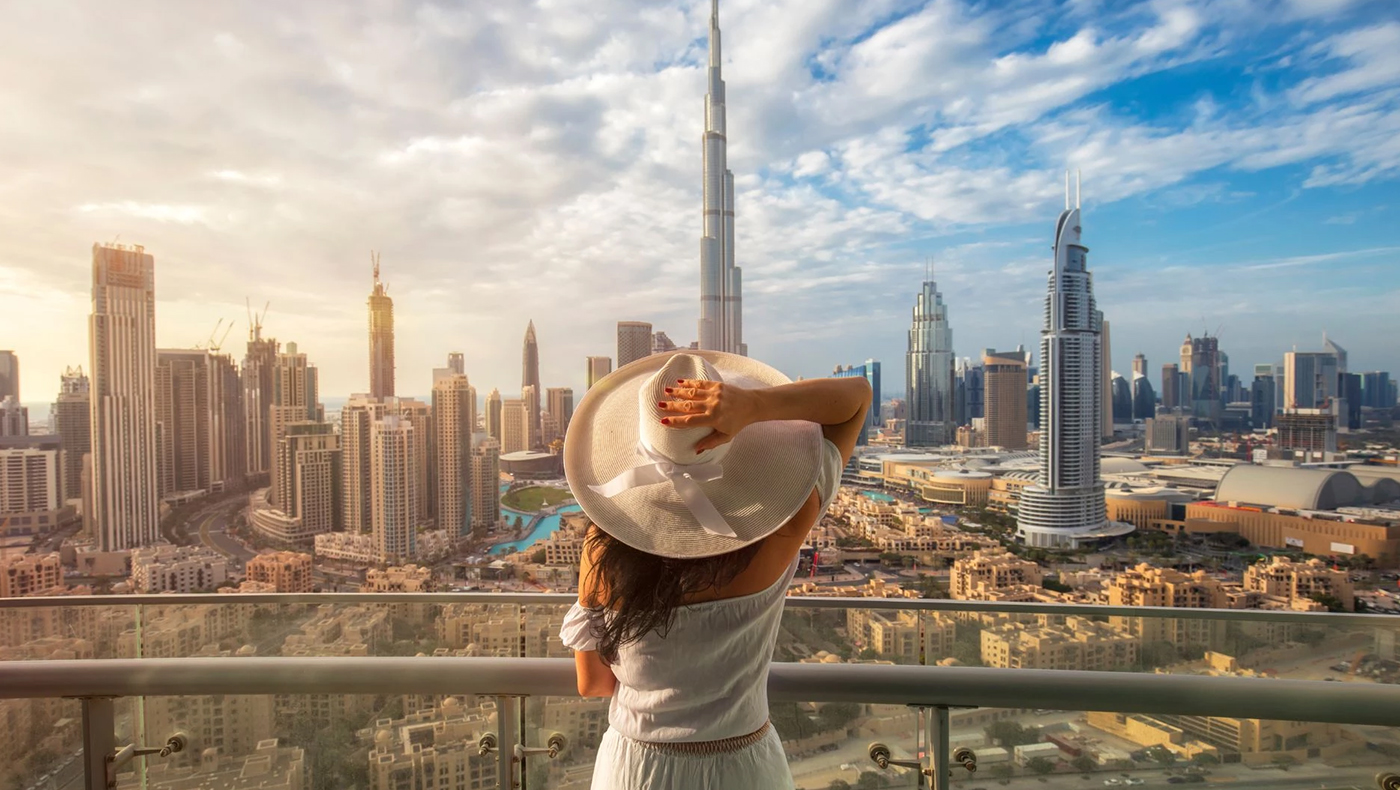
Table of Contents
The United Arab Emirates (UAE) has made strong progress in shaping a media environment that supports responsible and ethical journalism. In a time when fake news and misinformation are spreading rapidly online, the UAE press plays a key role in promoting truth, trust, and transparency.
With government support, professional media bodies, and an increasing number of trained journalists, the UAE is creating a media landscape where facts matter, public interest is protected, and freedom comes with responsibility.
Media Regulations That Encourage Ethical Practices
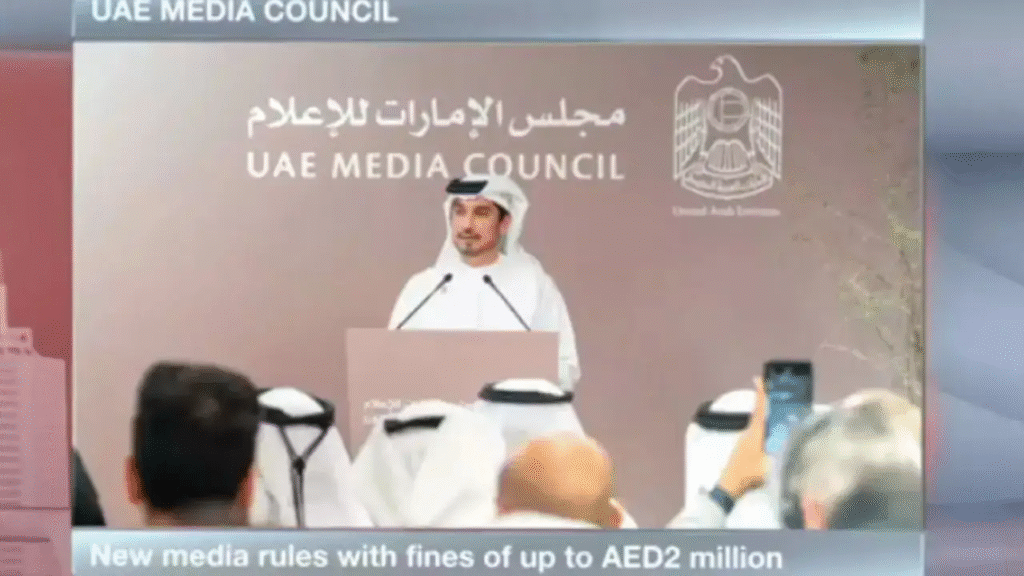
The UAE has put in place clear rules and laws to ensure that journalists work within an ethical framework. The National Media Council (NMC), which has now been integrated into the Ministry of Culture and Youth, plays a major role in monitoring the media and enforcing journalistic standards.
One of the key rules is that news stories should always be based on facts and verified sources. Media outlets are expected to avoid sensationalism, hate speech, or anything that could harm the unity of the country or spread false information.
These regulations encourage accuracy and protect the public from being misled. They also ensure that journalists remain professional in their conduct, treating all individuals and groups fairly and respectfully.
Media Training and Development Programs
The UAE believes in building strong media skills through education and training. Various institutions such as the Mohammed Bin Rashid School for Communication and the UAE Journalists Association offer programs and workshops on responsible reporting, fact-checking, and media ethics.
These programs help young journalists understand their responsibilities. They learn how to report sensitive stories with care, balance opinions, and always prioritize truth over popularity.
International media events, such as the Arab Media Forum held in Dubai, also bring global journalists together to share best practices. These platforms encourage discussions on press freedom, digital challenges, and ethical journalism in the modern world.
UAE’s Battle Against Fake News
In recent years, fighting misinformation has become a global challenge. The UAE has responded by using both technology and legal action to stop the spread of fake news, especially on social media.
During the COVID-19 pandemic, the government worked with local media to share accurate information with the public. The press played a big role in calming fear and preventing the spread of harmful rumors.
The UAE Cybercrime Law also treats the spreading of false news online as a serious offense. This legal backing shows how the country values truth and aims to protect its people from dangerous misinformation.
Balanced Reporting and Cultural Sensitivity
One important quality of responsible journalism is the ability to tell stories in a fair and balanced way. The UAE press makes special efforts to reflect the country’s diversity. With more than 200 nationalities living in the UAE, media outlets are careful to respect different cultures, religions, and traditions.
English and Arabic newspapers like The National, Gulf News, Khaleej Times, and Al Bayan often highlight stories that promote tolerance, peace, and shared values. The coverage avoids bias and works towards building a united society.
By giving voice to all communities, the media helps in creating understanding and harmony.
Government and Media Collaboration
The UAE government understands the value of open communication. Ministries and government departments actively work with journalists by providing access to information and holding regular press briefings. This allows the media to report clearly on developments and avoid speculation.
For example, during national events like the Year of Sustainability or COP28, journalists are given detailed insights into plans and progress. This partnership ensures that the public gets well-researched, accurate updates.
Digital Media and Ethical Challenges
With more people getting their news from online platforms, the UAE press is also adapting to new digital challenges. Social media has changed how stories are shared and how quickly they travel. While this opens up new opportunities, it also brings ethical risks.
To address this, many UAE-based news platforms have invested in digital media ethics training for their staff. Journalists are taught how to verify user-generated content, avoid spreading rumors, and understand the line between private and public information.
In addition, official news websites and social channels are now verified and follow strict content guidelines. This helps users trust what they read and avoid falling for fake accounts or misleading posts.
Promoting Positive and Constructive Journalism
The UAE has often promoted the idea of “constructive journalism.” This means not just pointing out problems, but also highlighting solutions, progress, and positive change.
Media outlets often focus on stories of innovation, social development, women empowerment, and the country’s leadership in sustainability and technology. These stories inspire people and contribute to nation-building.
For example, campaigns around Expo 2020 Dubai or Mars Mission received global attention due to responsible reporting that showcased achievements without exaggeration.
Respecting Privacy and Protecting the Vulnerable
Ethical journalism also includes respecting the privacy of individuals and avoiding harm. UAE press guidelines are strict about not revealing the identities of crime victims, children, or vulnerable groups without clear consent.
When covering difficult topics like domestic violence, accidents, or mental health, journalists are trained to handle such stories with empathy. These guidelines ensure that news coverage is both informative and respectful.
Looking Ahead: A Model for the Region
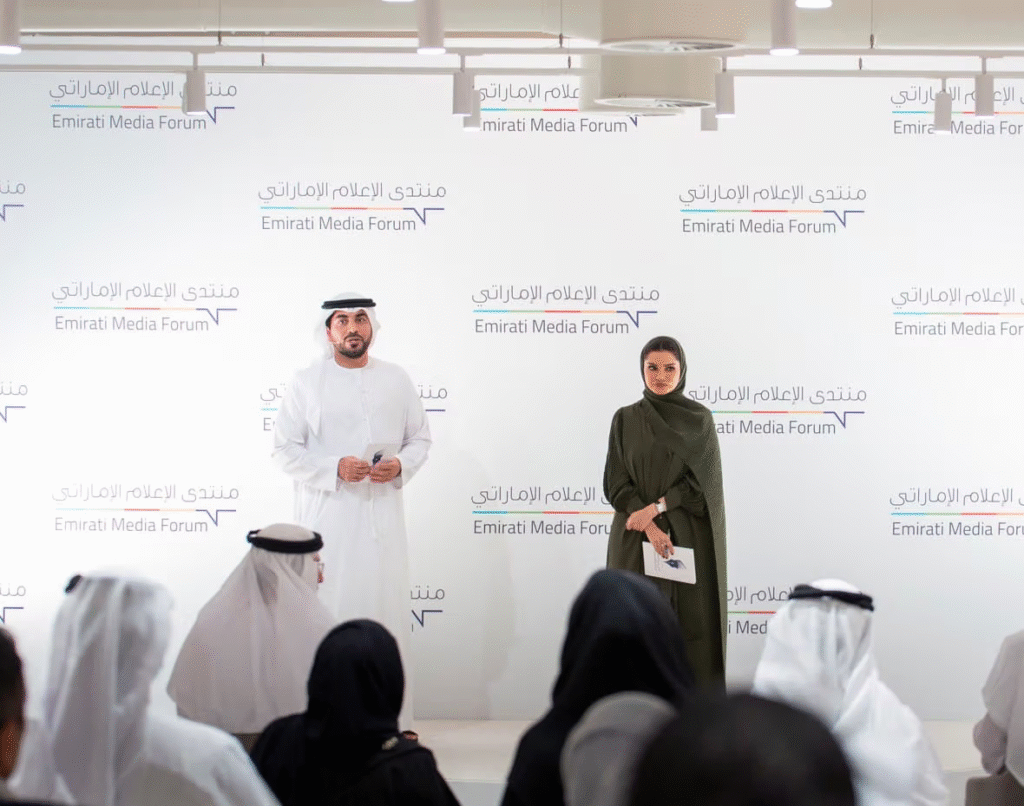
The UAE’s support for responsible journalism has made it a leader in the Arab world’s media scene. Its commitment to truth, ethics, and development has set an example for neighboring countries.
As the media landscape continues to change, the UAE is likely to remain focused on innovation, regulation, and quality journalism that serves the public good.
Final Thoughts
Responsible and ethical journalism is the backbone of a healthy society. In the UAE, the press is not just a news provider but a partner in national development. Through regulation, education, and collaboration, the country ensures that its media supports truth, fairness, and progress.
As misinformation grows worldwide, the UAE’s media policies offer a balanced approach protecting free speech while promoting responsibility.
Read More:- Why Smaller Lawns Are Smarter: Save Water and Money Fast 2025



